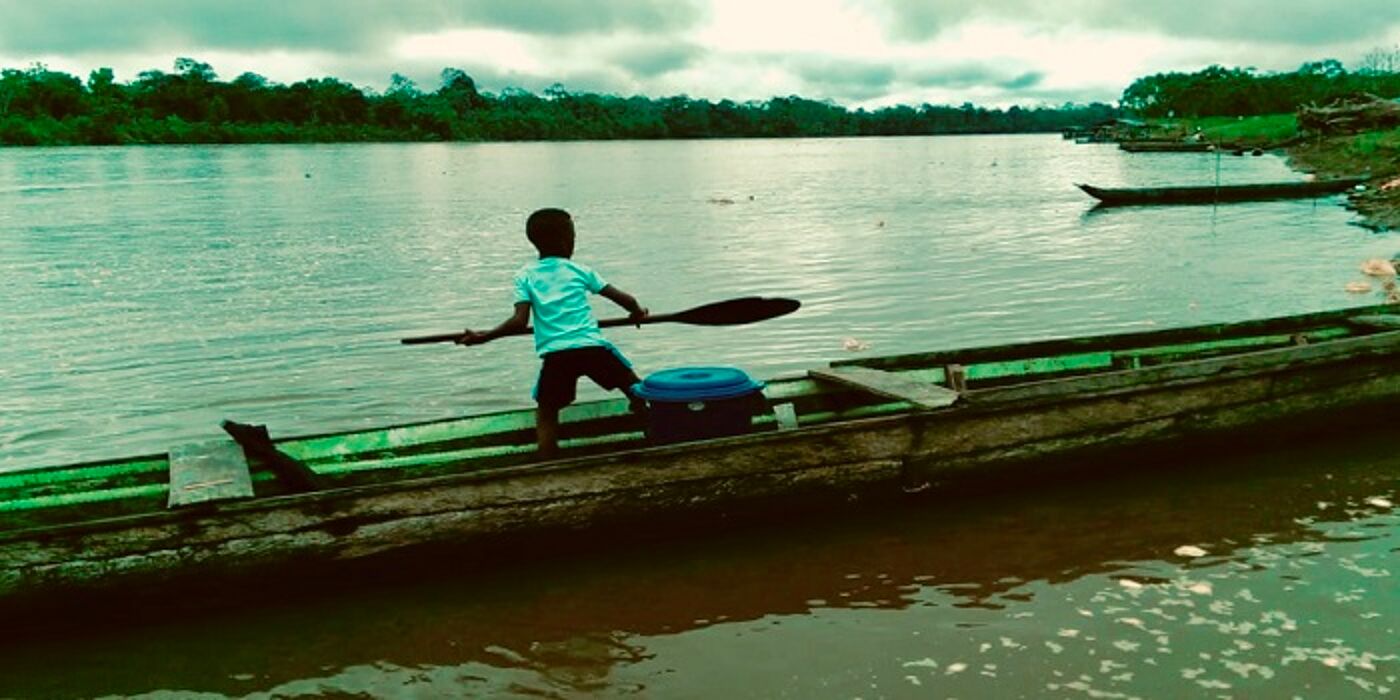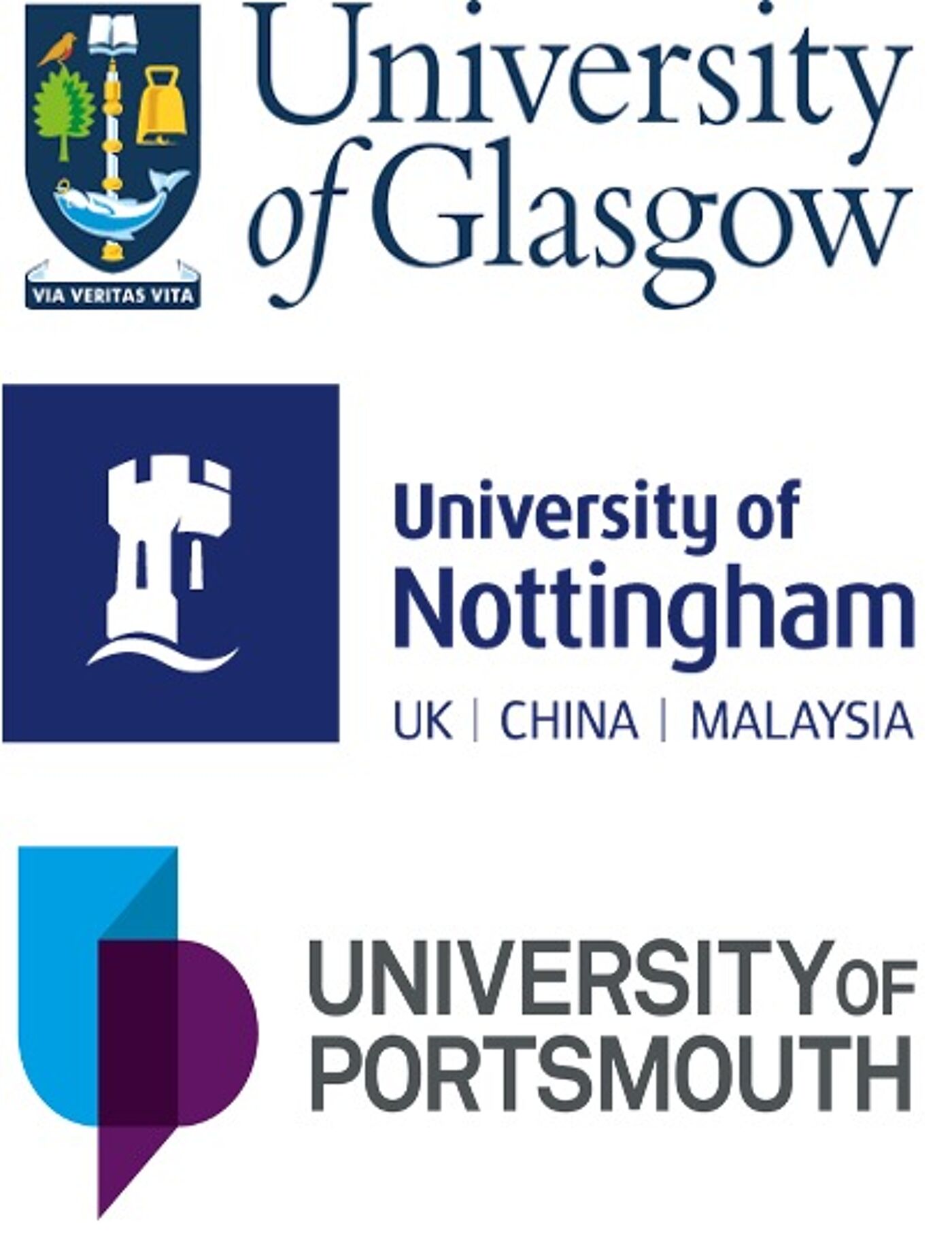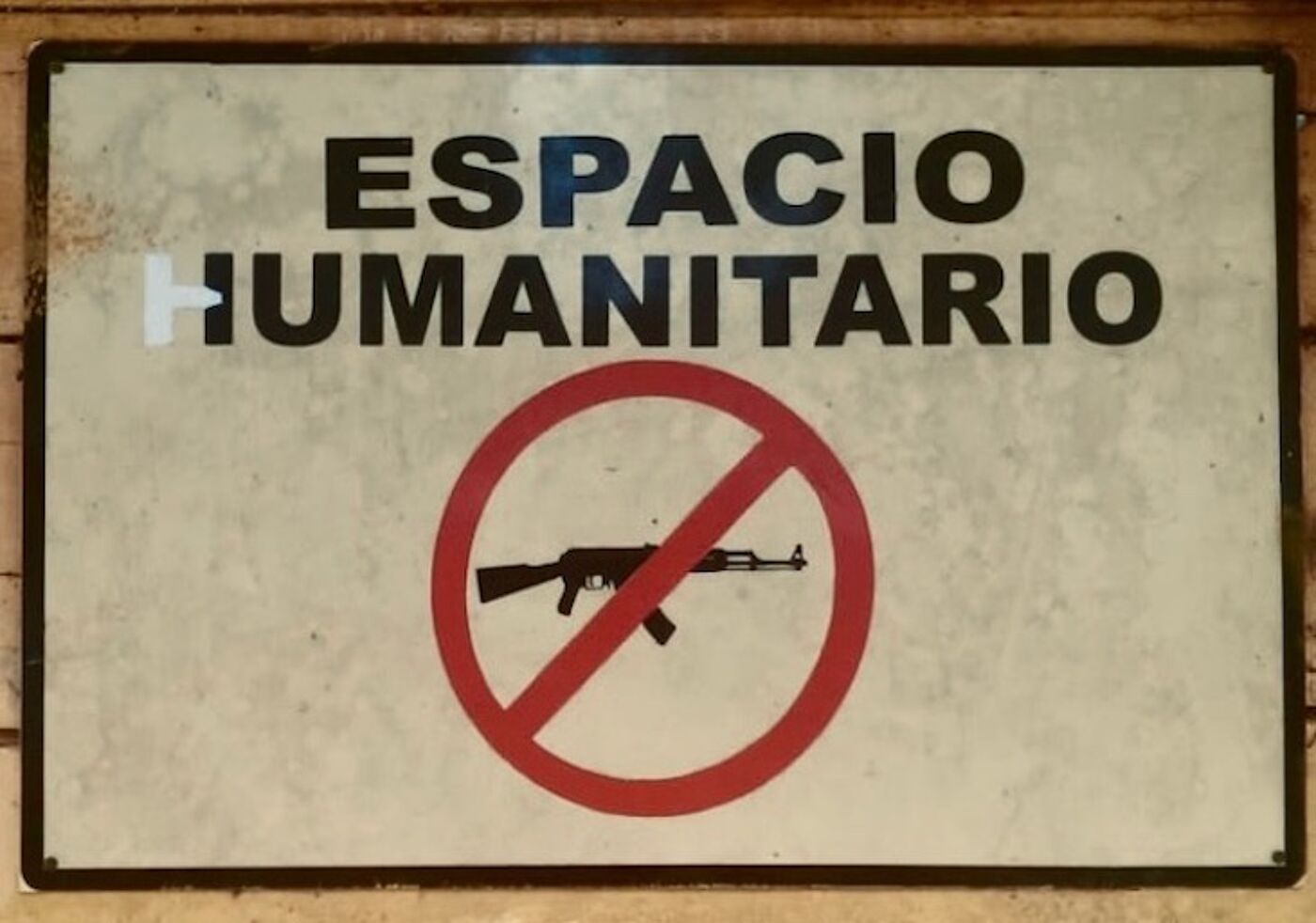Colombia River Stories

Colombia River Stories
Colombia River Stories is a collaboration between the universities of Glasgow, Nottingham and Portsmouth. The interdisciplinary research project responds to the landmark Colombian Constitutional Court Ruling T- 622, which recognises the River Atrato in Chocó as a bearer of rights. The ruling demands action to address the socio-environmental devasation of conflict-linked, mechanised illegal gold mining in the collective territories of Chocó's Afro-Colombian and indigenous communities. The project aims to support local communities as they push for the full implementation of T-622 in the face of an ongoing humanitarian crisis in the region.
Follow us on Twitter: @chocostories
The project is funded by the ESRC Newton-Caldas Fund: ES/S001883/1

About the project



